Shetland Sheepdogs used to work as guard dogs for farmers based in the Shetland Islands, located just off the coast of Scotland. They worked to ensure that hungry sheep and birds could never venture into their owners’ farms. They also played the roles of herding dogs in addition to this.
These days, they are known more as superstars of the world of dog sports and as excellent family companions. Many fans of this dog breed also lovingly call them “Shelties.” They are purebred dogs but do not be surprised if you find them in rescue groups or shelters.
So, if you want to bring one home, you can always adopt from them rather than shopping for them from irresponsible breeders. They are intelligent dogs, always eager to learn and please. They are receptive to training. They are generally affectionate around people and with just about everybody. However, they are rather protective of their families.
Since they are somewhat sensitive among all dog breeds and hence would not like spending much time away from their homes – they also need companionship and do not do so well when alone. However, if you can keep them stimulated (physically and mentally) with tasks, exercise, and training, you can be sure to have a loving furball as a family member.
The thing with this dog breed is that its history could be better known. However, they may have descended from Scottish Collie and King Charles Spaniel.
Are Shetland Sheepdogs friendly and adaptable?
Shetland Sheepdogs are sensitive dogs who do not adapt well to apartment living. They are fine for novice owners and cannot much tolerate when they are left alone. They are great at tolerating cold weather but do not do well when it is hot outside.
Are Shetland Sheepdogs friendly?
Shetland Sheepdogs are affectionate with their human families. The same goes for the kids. They are pretty friendly with other dog breeds and usually appear close to them, even with people they are not acquainted with.
How easy is it to train Shetland Sheepdogs?
Shetland Sheepdogs are trainable. You can train them with ease. They are intelligent as it comes in the dog world. They have little potential for mouthiness if not none. They have quite a significant prey drive and tend to bark and howl quite a lot. However, their potential to wander off is limited.
Physical Characteristics of Shetland Sheepdogs
Shetland Sheepdogs have a double body coat, and the length of the body coat is rather long. As a result, they shed a lot, and you can expect – if you have one of them – to find hair around the house regularly. The good thing about them is that you do not have to groom them daily.
Instead, you can groom them once a week or even once a month – they are unlikely to drool. They can be between 13 and 16 inches tall, 15 and 25 pounds heavy, and tend to live between 12 and 14 years.
Their life expectancy is higher than some other dog breeds. However, you must also know they are susceptible to health issues that could lower their life span.
Shetland sheepdog price
The price of a basic Shetland Sheepdog puppy can vary depending on various factors, such as the breeder’s location, reputation, and the puppy’s lineage. However, on average, you can expect to pay anywhere from 8000 INR to 30,000 INR for a Shetland Sheepdog puppy.
The positive traits of Shetland Sheepdogs
Shetland Sheepdogs are of a convenient size, and they are light on their feet – they are rather graceful too. Their body coat is lovely and feathered and comes in a wide range of striking colors. It includes the likes of tri-color, sable, black and white, black and tan, and merle. Their standard color is a combination of white and sable.
They are animated and athletic – as jumpers and runners are swift. They are soft dogs in the sense that they are sweet and gentle. They are attentive and bright, and thus they learn as quickly as they do. This dog breed is the right option if you are looking for dogs with similar characteristics.
Shetland Sheepdogs are the epitome of the herding dog
Shetland Sheepdogs were initially bred in the Shetland Islands’ rugged landscape, close to the Arctic Circle. These dogs were initially considered agile, intelligent, and alert herders. They are such compulsive herders that they would not even mind herding the following:
- squirrels
- birds
- kids
What do you need to know about Shetland Sheepdogs’ health?
Shetland Sheepdogs are usually healthy dogs, and if you get them from a dutiful breeder, you can be sure that they would have screened for the following conditions as mentioned below:
- hip dysplasia
- thyroid disease
- eye diseases
- dermatomyositis, also known as Sheltie skin syndrome
- vWD (von Willebrand’s disease)
- gallbladder mucoceles
- epilepsy
You do get tests for several health issues that they tend to inherit. However, the national parent club of the breed ASSA (American Shetland Sheepdog Association) recommends that you perform the minimum health testing necessary for this dog breed, especially ophthalmic evaluation and hip evaluation.
Shetland Sheepdogs look like smaller versions of Rough Collies.
Shetland Sheepdogs are compact and robust, and yet they are commendably agile! They have heads shaped like wedges but are less refined than the “Modern Show Collies.” They have high-set and small erect ears, and the tips of these ears fall forward a bit.
They have a double thick coat that protects from adverse weather. Their outer body coats are straight and long with great manes, feathering, and frills on their tails and legs. Their undercoats are woolly and dense.
Their living needs
Shetland Sheepdogs are adaptable dogs who can take it easy. It does not matter whether they are outdoors or indoors as long as they are with their parents. But, again, this harks back to their DNA (deoxyribonucleic acid).
These dogs were bred to be companion dogs and do not do well in certain situations, like when they are left alone at home without anything to do for a long time. If you have no option but to leave them alone, make sure that you offer them interactive toys such as puzzles so they can be busy till the time you get home.
Issues with Shetland Sheepdogs
Shetland Sheepdogs generally tend to be suspicious of strangers. They are also easily bored if you do not give them something they could do. It could lead them to chew and bark. Since they have such strong herding instincts, they tend to chase animals and cars.
They also need their daily dose of exercise and tend to be prone to several health issues. They are very much susceptible to separation anxiety. Despite their size, they do have some potential to gain weight.
Conclusion
Shetland Sheepdogs are glamorous dogs, but they are still rather neat and dainty. In terms of their appearance, they look like smaller versions of Rough Collies. They have long, straight, hard coats with profuse manes and frills. Looking at their tails and legs, you will find some luxurious feathering.
They have a lifespan of around 12-14 years and usually weigh between 15 and 25 pounds. If you want to own one, it is suggested that you have some experience in having dogs as pets.
Frequently Asked Questions
What do you need to know about Shelties?
Shetland Sheepdogs are known to be gentle and sweet dogs with a pleasing personality. They are also rather affectionate and playful. These are some of the traits that have made them so popular as a family pet.
What is the difference between a Sheltie and a Shetland Sheepdog?
There is absolutely no difference over here. Sheltie is a nickname that has been affectionately bestowed on Shetland Sheepdogs by the fans of the dog breed. They originated in the Shetland Islands, Scotland.
What are the negatives of a Sheltie?
Shetland Sheepdogs tend to be anxious and also get stressed quite easily. They also tend to bark quite a lot. They also need a lot of physical and mental exercise every day.
Are Shetland Sheepdogs great for first-time owners?
Shetland Sheepdogs are immensely active and playful dogs, and they would make great options for first-time dog parents, provided they enjoy a good run or two. Otherwise, you require a bit of experience as a dog parent.
Can Shelties be left alone?
Shetland Sheepdogs are a rather sensitive breed and need companionship, especially from their human parents. Therefore, they only do well if you leave them alone for some time.

 DogExpress
DogExpress

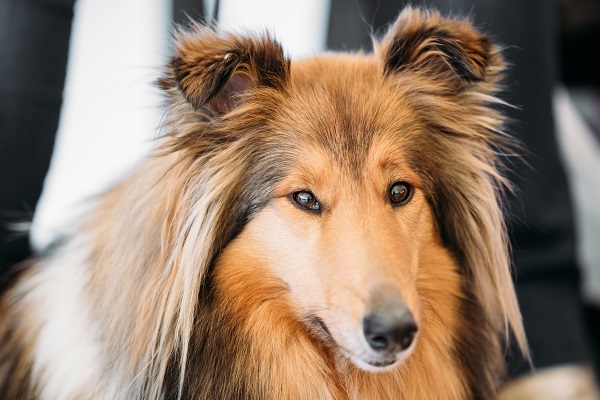
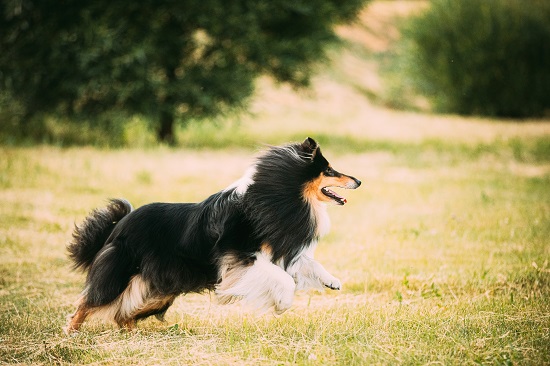
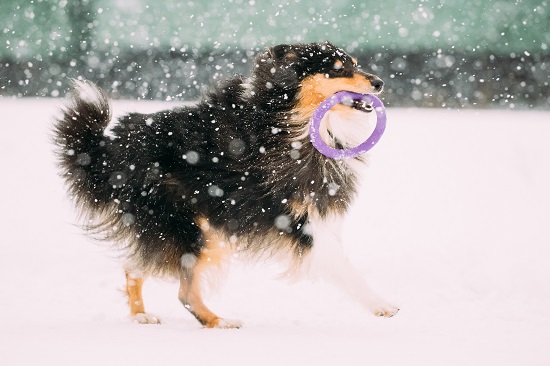
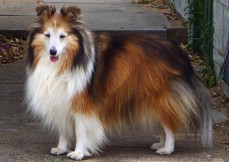
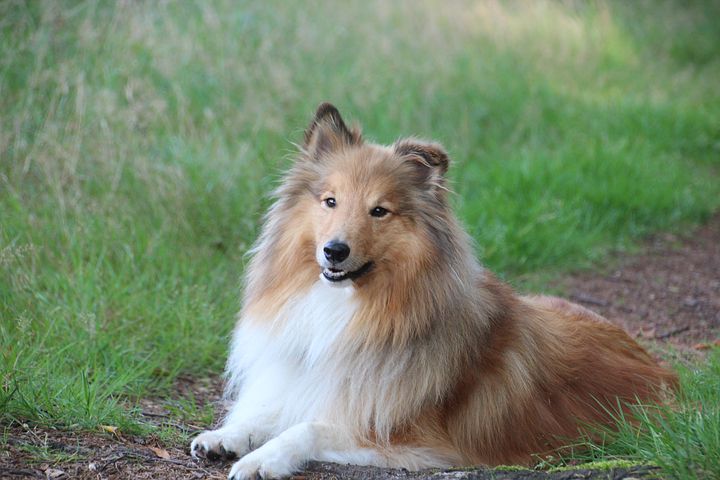
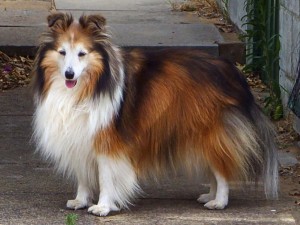

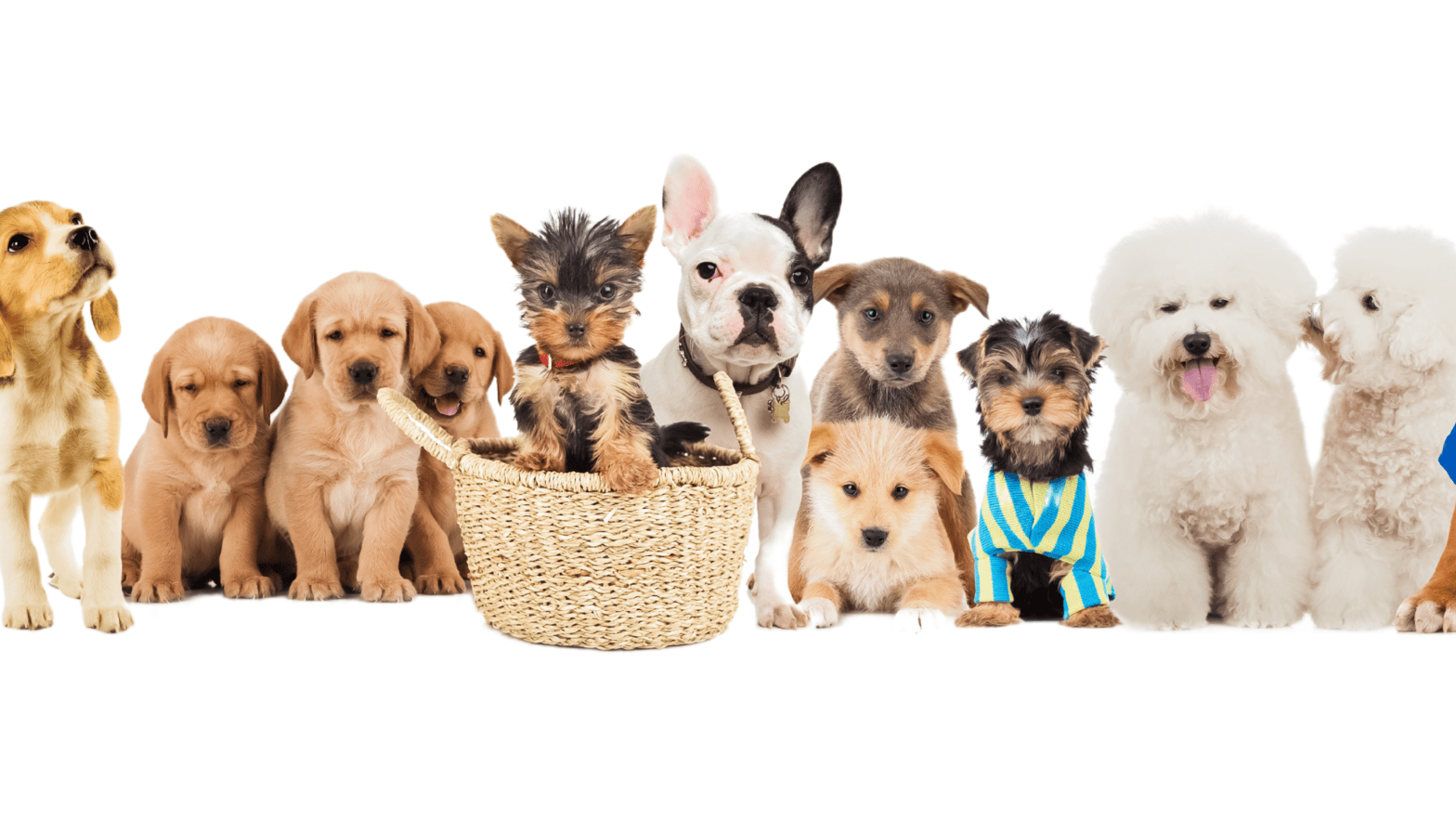

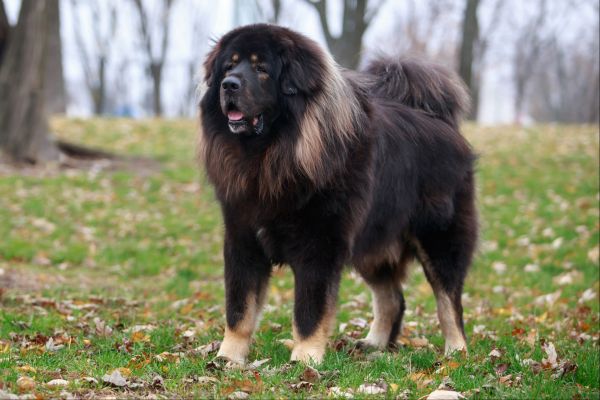












 in Chandigarh, India.
in Chandigarh, India. 
